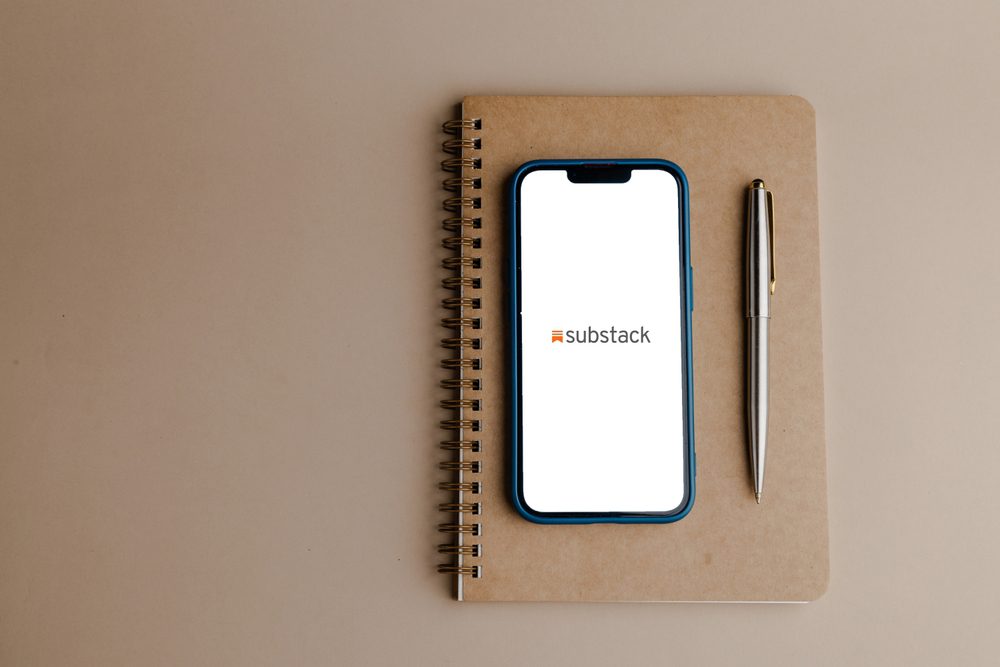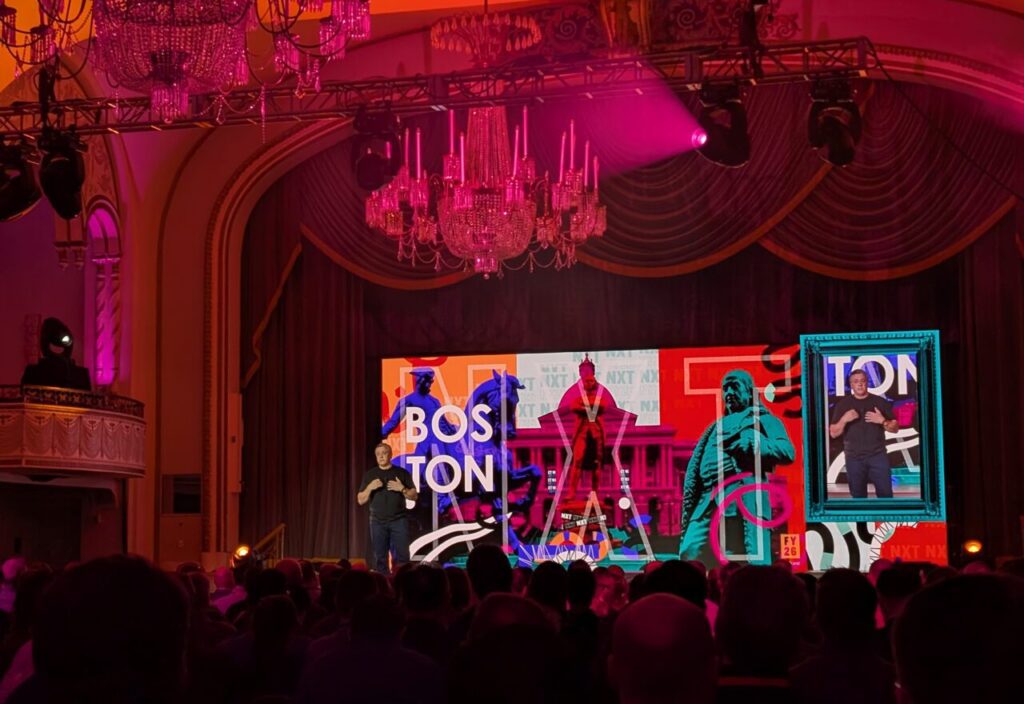A pilot run gives wireless marketing its first real test drive.
Whether you consider the mobile phone to be an indispensable lifeline or the biggest nuisance since locusts ravaged Egypt, wireless marketing could soon overshadow the PC-provided Internet as the new darling of the promotion world. How soon? The answer may be just a few months away.
This fall, San Mateo, CA-based wireless marketing company SkyGo began a pilot test of the emerging medium by creating a small laboratory in Boulder, CO. More than 1,000 phones were distributed to qualified consumers to test their reactions to the wireless direct-marketing model. In a four-month program, participants receive at least two marketing messages per day from SkyGo clients.
SkyGo co-founder and ceo Daren Tsui says the service facilitates four types of marketing programs: “Mobile Commerce Promotions” drive customers to retail stores with special offers; “Sales Alerts” shoot time-sensitive offers; “Show-Me Coupons” send offers consumers can physically redeem by showing the on-screen message at merchants; and “Interactive Branding” sends quick-flashing images about a product or company. (SkyGo also has a Reward Management Engine that can work with third-party loyalty programs.)
“We’re trying to give [marketers] what they want,” says Tsui. For example, Hollywood.com is working with local movie theaters to alert consumers about the opening of new movies. Recipients can opt-in and immediately purchase tickets using their phones.
SkyGo is selling programs in 15 product categories, and is trying to sign two marketers per category. So far, the trial has attracted such national heavyweights as Visa USA, Kmart, JC Penney, CompUSA, and Goodyear. “National brands are usually the early adopters of new technology because they have the money,” says Tsui.
To incent trial among participants, SkyGo is conducting an instant-win game that will award a trip for two to Hawaii. “It works like a bottle-top promotion,” Tsui says. “You could be looking at an ad, and suddenly a message will pop up saying you’ve won.”
Visa is wearing many hats for its part in the test, playing advertiser, vendor, and researcher. “This is a good opportunity for us to understand card-holder behavior in mobile marketing,” says Annette Merriman, director of technology at eVisa, San Francisco.
Visa is examining the potential for both branding and transactions via SkyGo. “We could send an offer for a CD, and the consumer can purchase it over the phone,” says Merriman. “We could send a coupon to the phone that the customer can redeem later at a restaurant.”
Local merchants in the trial area are also on board. Sporting goods store Boulder Running Co. is sending wireless offers of $10 off orders over $100.
SkyGo’s future pricing model will be determined during the test. The company is examining a cost-per-delivery platform and may also take a percentage off sales generated through the network. Whatever the ultimate price, marketers are expected to get in line to utilize the new medium.
But mainstream growth may take time, since several challenges exist. Although the technology may no longer be in its infancy, it still hasn’t reached puberty. Trying to cram text and graphics onto a small phone screen – and making it adaptable to the 200-plus models available in the U.S. – is a challenge. There’s also a privacy issue, since messages will be targeted to consumers. And some users may find the service intrusive, since a barrage of incoming pitches could interfere with people trying to conduct business.
Regardless, the convenience and potential to inspire impulse buying should have marketers salivating. SkyGo has gotten out of the gate early, but a bevy of wireless companies should be dialing up clients soon.
 Network
Network

